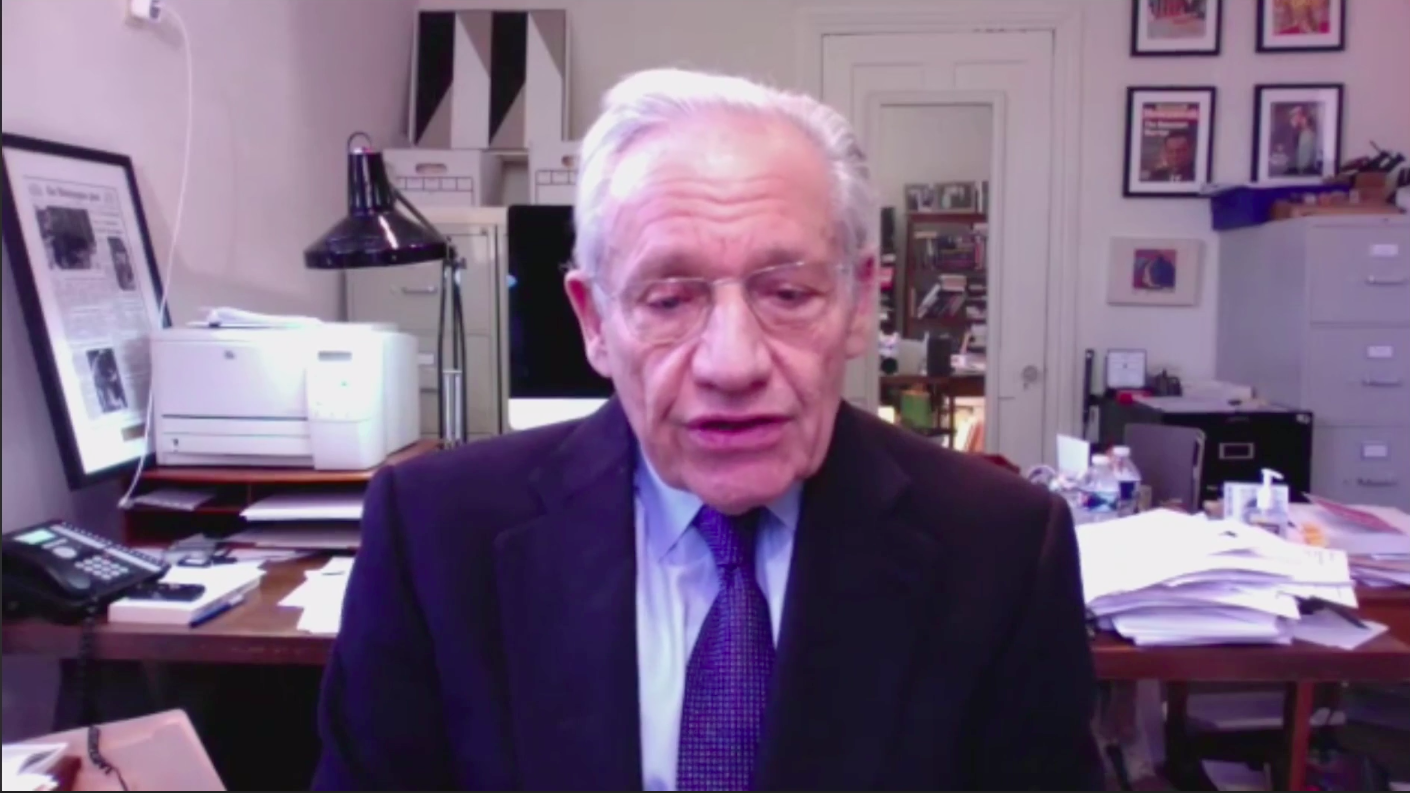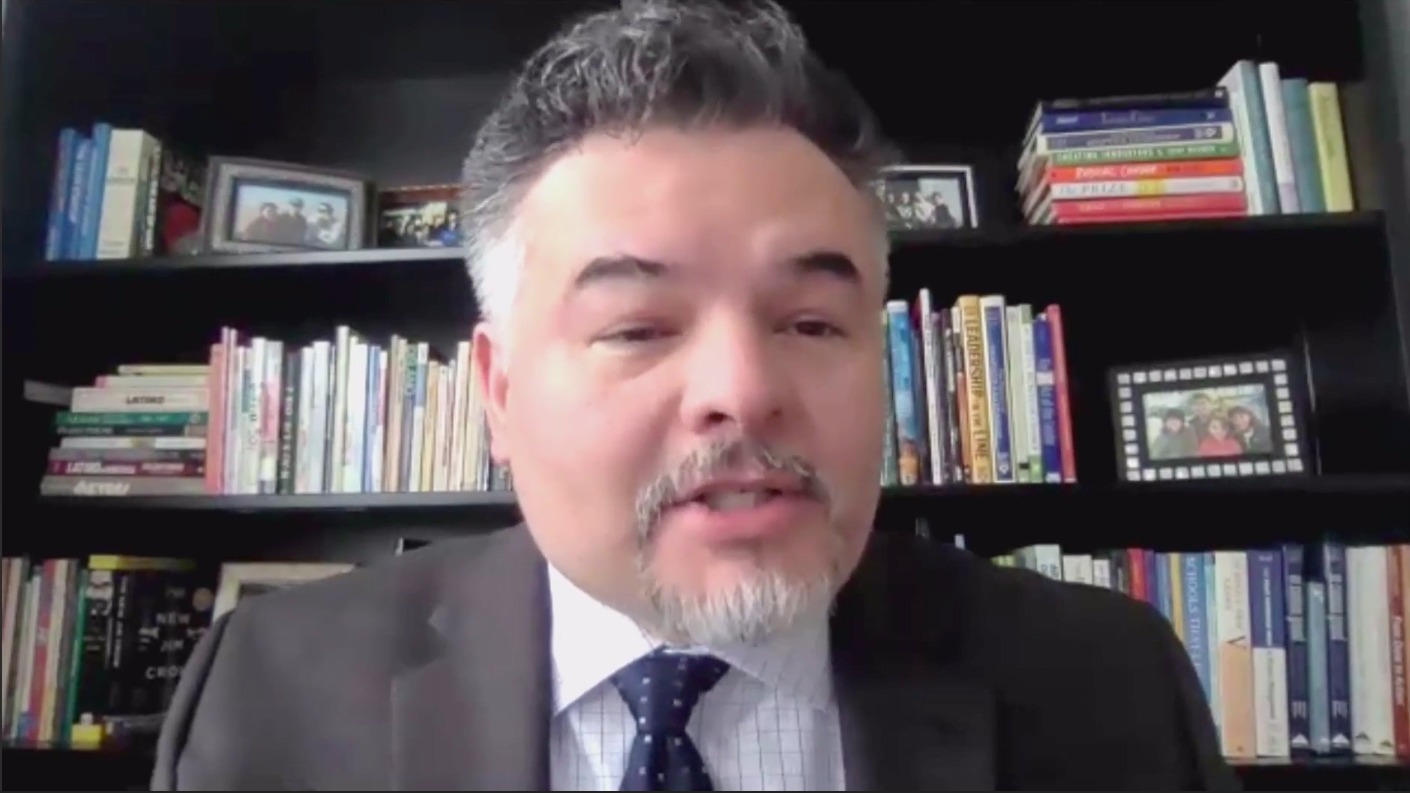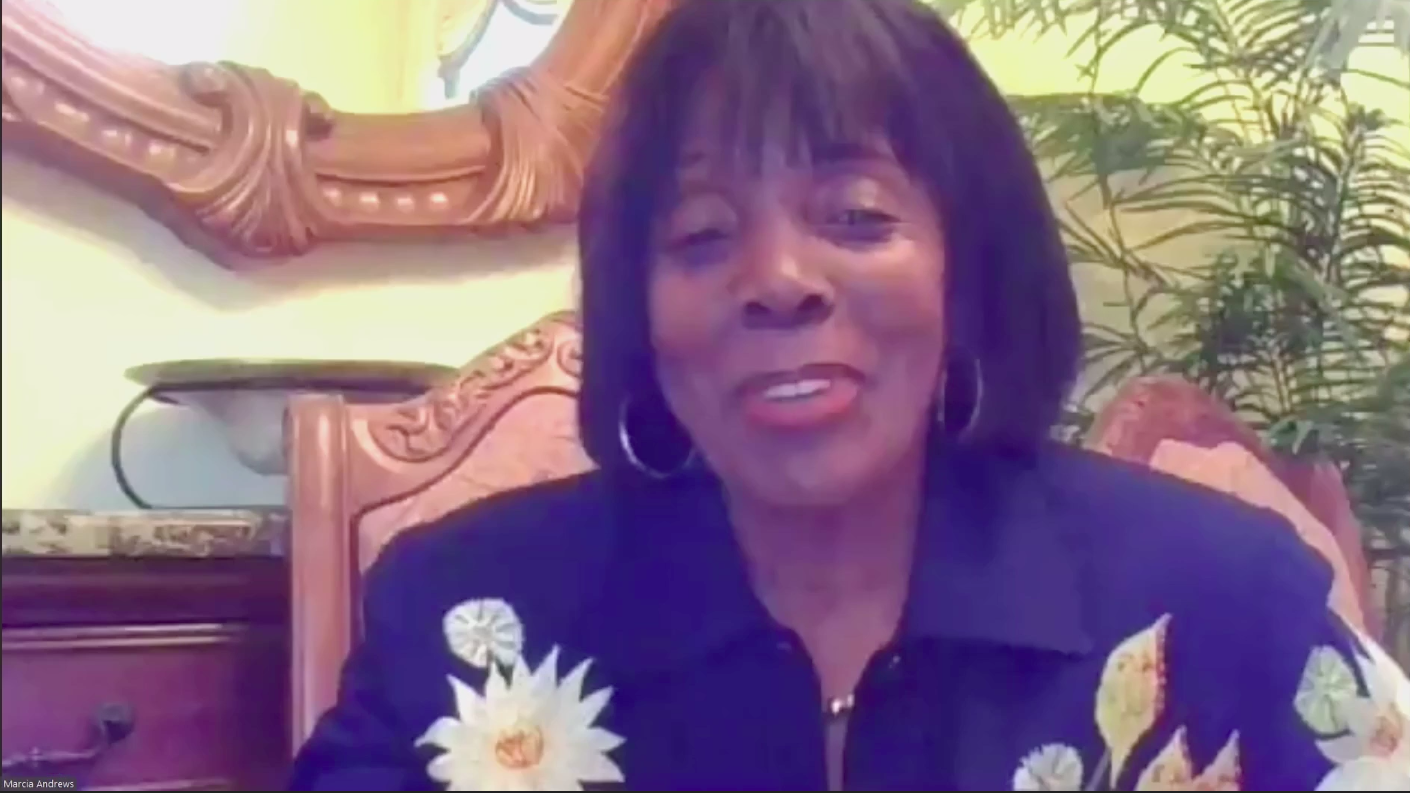- Council of the Great City Schools
- Journalist Bob Woodward Reflects on Watergate, Trump Era
Digital Urban Educator - April 2021
Page Navigation
- Ray Hart Named to Lead National Urban School Coalition
- Council Creates National Task Force to Help Urban School Districts Effectively Spend COVID-19 Relief
- Secretary Cardona Embraces Partnerships to Reshape Public Education
- Rep. Bobby Scott, Richard Neal, and CDC Official Address Council at Virtual Leg/Pol Conference
- Journalist Bob Woodward Reflects on Watergate, Trump Era
- Legacy Award Presented to Council Executive Director for his 44 Years of Service
- Kansas City Leader Receives Contract Extension, San Francisco Chief Postpones Retirement
- Legislative Column
- L.A. School District Opens 25 Vaccination Centers
- Two Urban Students Win Awards in National Science Contest
- Urban Districts Awarded Best Communities for Music Education
- Hawaiian Librarian Named 2021 School Librarian of the Year
Journalist Bob Woodward Reflects on Watergate, Trump Era
-
Has the nation forgotten the lessons of Watergate?
That’s the question Washington Post journalist Bob Woodward posed at the start of his remarks at the virtual Council of the Great City Schools' Legislative/Policy Conference.
And he answered in a word: yes.
“The ultimate lesson of Watergate, I think, is transparency,” said Woodward. “We need [leaders] to tell the truth.” Former President Donald Trump failed to apply that lesson in the early days of the COVID-19 pandemic, and it was a failing that will define his presidency in history, the journalist said.
Woodward interviewed Trump in a series of telephone and in-person interviews as the virus was spreading out of China in early 2020 as he was researching a book on the Trump administration, titled Rage, which was published last summer.
“I interviewed him 18 times, for [a total of] nine hours and 42 minutes. Imagine, whether you like Trump or you don’t like him, interviewing and talking with him for nine hours and 42 minutes,” the journalist said. “It was one of the adventures of my life.”

In those conversations, Trump revealed he had been warned about a virus in China that spread through the air, person to person, and was many times worse than the flu, and that the spread of the virus would be “the biggest national security threat” and akin to the 1918 pandemic. Woodward said his own documentation showed Trump learned of the gravity of the situation on Jan. 28, 2020, but that he kept that information secret.
“Now suppose he had learned the lesson of Watergate and said, why don’t I tell the truth?” Woodward posited. But Trump “brushed it off, said no, we’re under control, don’t worry about it.”
Woodward said he had asked Trump to define the job of being president, and that the former president had answered, “The job of the president is to protect the people.”
“I couldn’t agree more,” Woodward said. But, he said, Trump “failed to protect the people. He failed the test of being transparent. … Would we be in a different world, with fewer of the consequences, if he had?”
Woodward and fellow reporter Carl Bernstein led the Washington Post coverage of the 1972 break-in of Democratic National Committee offices at the Watergate Hotel in Washington, D.C., and subsequent coverup that led to the resignation of President Richard Nixon in 1974. In the years since, Woodward has written 19 books on national politics and policy. He holds the title of associate editor of the Post.

Cleveland Metropolitan Schools CEO Eric Gordon moderated the session with questions offered by Guadalupe Guerrero, superintendent of Oregon’s Portland Public Schools, and Marcia Andrews, school board member of Florida’s School District of Palm Beach County.
Andrews asked Woodward whether there is a role for public schools in combatting misinformation. “We’re in a toxic environment right now with one half on one side and one half on the other side,” she noted.
Woodward said the lessons of Watergate apply even in the classroom. “The lesson I was talking about – transparency – applies. You’ve got to tell the kids the truth. You can’t conceal thigs, you’ve got to turn all the cards up,” he said.
“One of the great things about America is that most people actually really believe in the First Amendment. They believe that we should deal with reality and truth—and that includes kids.

Guerrero asked how schools can help students consume media more critically and become better informed citizens. Woodward said that if he were, say, a third-grade teacher, he would help students learn about reputable news organizations and also about sites that grade/assess the credibility of the information being published.
See, for instance, https://subjectguides.library.american.edu/News-Literacy https://www.iste.org/explore/Digital-and-media-literacy/Top-10-sites-to-help-students-check-their-facts
Woodward suggested educators face yet another challenge: teaching children to be lifelong learners, a trait that he said has served him well over his long career. “I’m sure for all of you, and for somebody in my business, every day there’s something to learn. You never really understand enough, don’t know enough.”
Woodward also shared advice he and Bernstein received in a letter from Katherine Graham, longtime publisher of the Post, in the wake of the Watergate coverage. In long hand, on a yellow legal pad, she reflected on their work on the huge story. “Her last thought was, beware the demon pomposity,” Woodward recalled.
That phrase has stuck with him in the decades since, he said, and in his view a “tone of pomposity” now pervades influential institutions of the country – politics, Wall Street, Hollywood and the news media, among them.
“We have created a media culture in which time and time again, there is a failure” to consider other points of view. The same holds with politics, where partisanship – a variety of pomposity, he said – trumps a fair reading of the facts. “One of the things I’ve learned in 50 years in journalism is that there’s not just one way to look at things—there are many ways.”
Woodward shared this view: “Don’t despise or condemn the people who disagree with you. They have a case. You may not like it. In the end you may not agree with it, but there is always a case on the other side.”
Media Contact:
Contact Name
Contact@email.com
(000) 000-0000
Contact Name
Contact@email.com
(000) 000-0000
Contact Name
Contact@email.com
(000) 000-0000
Media Contact:
Contact Name
Contact@email.com
(000) 000-0000
Contact Name
Contact@email.com
(000) 000-0000
Contact Name
Contact@email.com
(000) 000-0000


